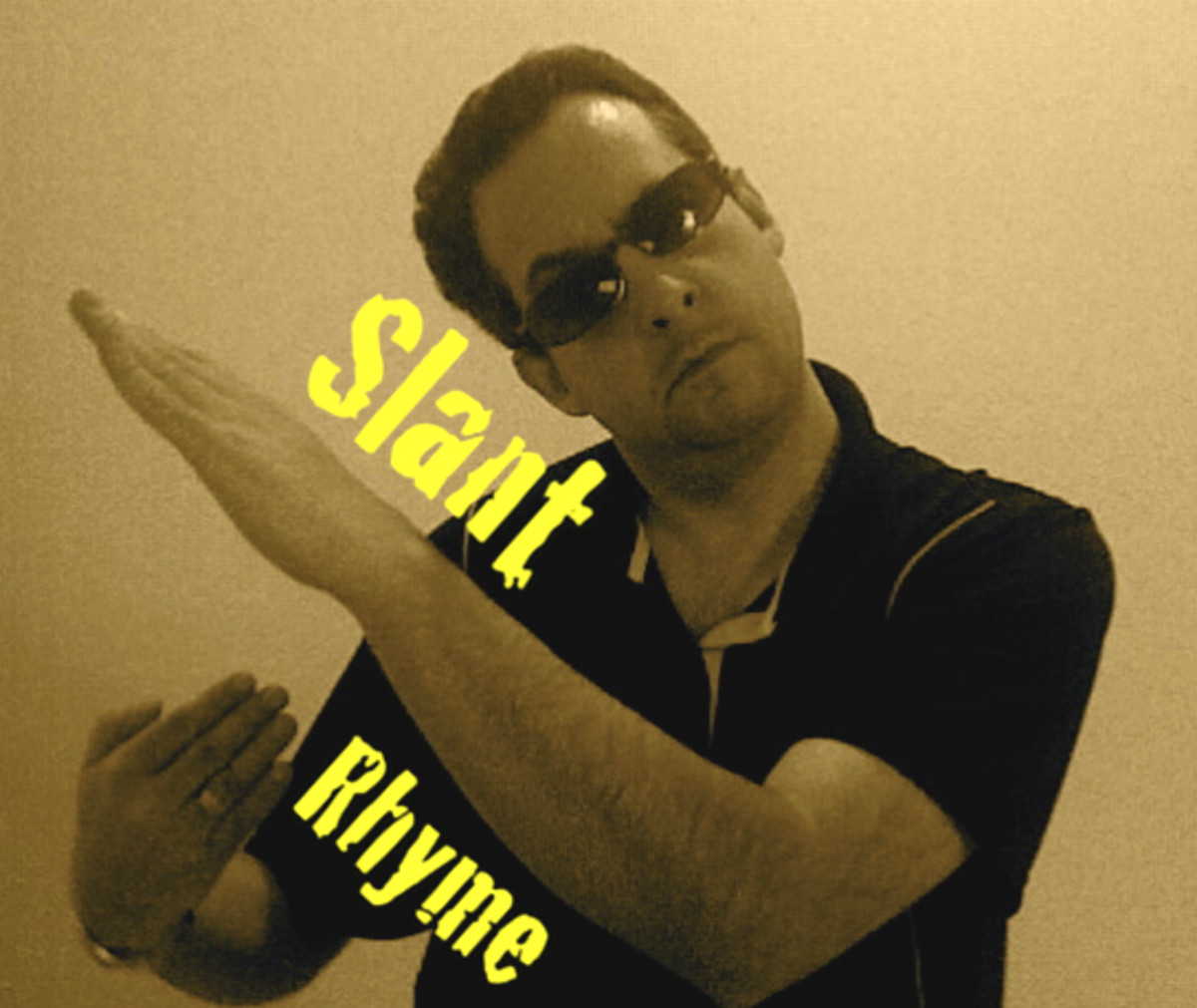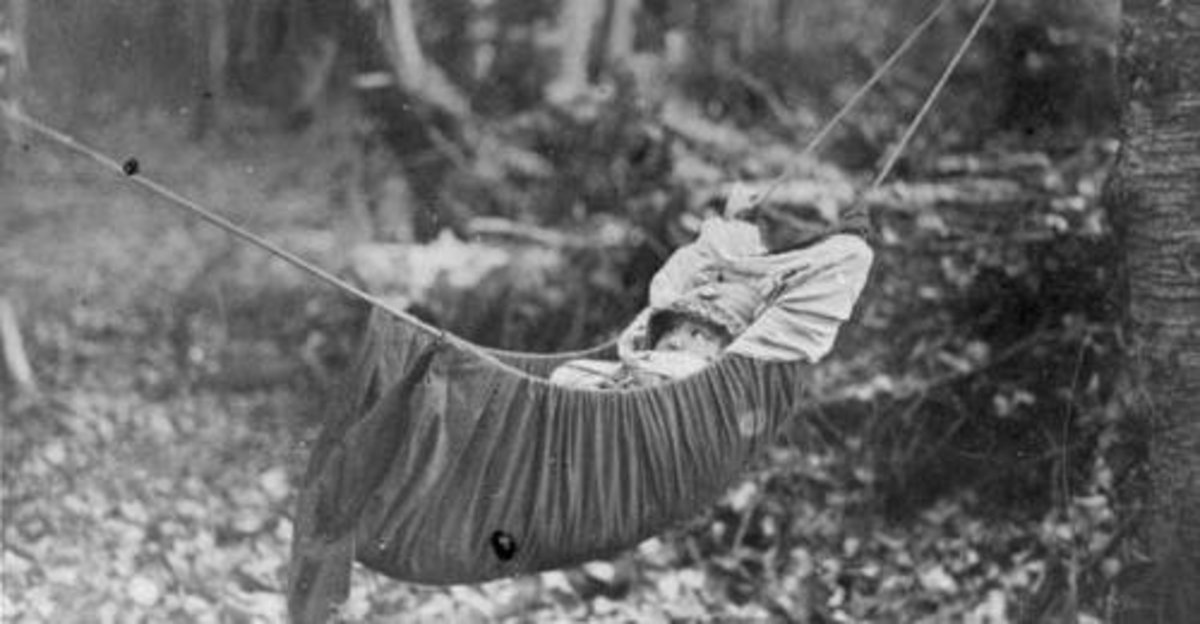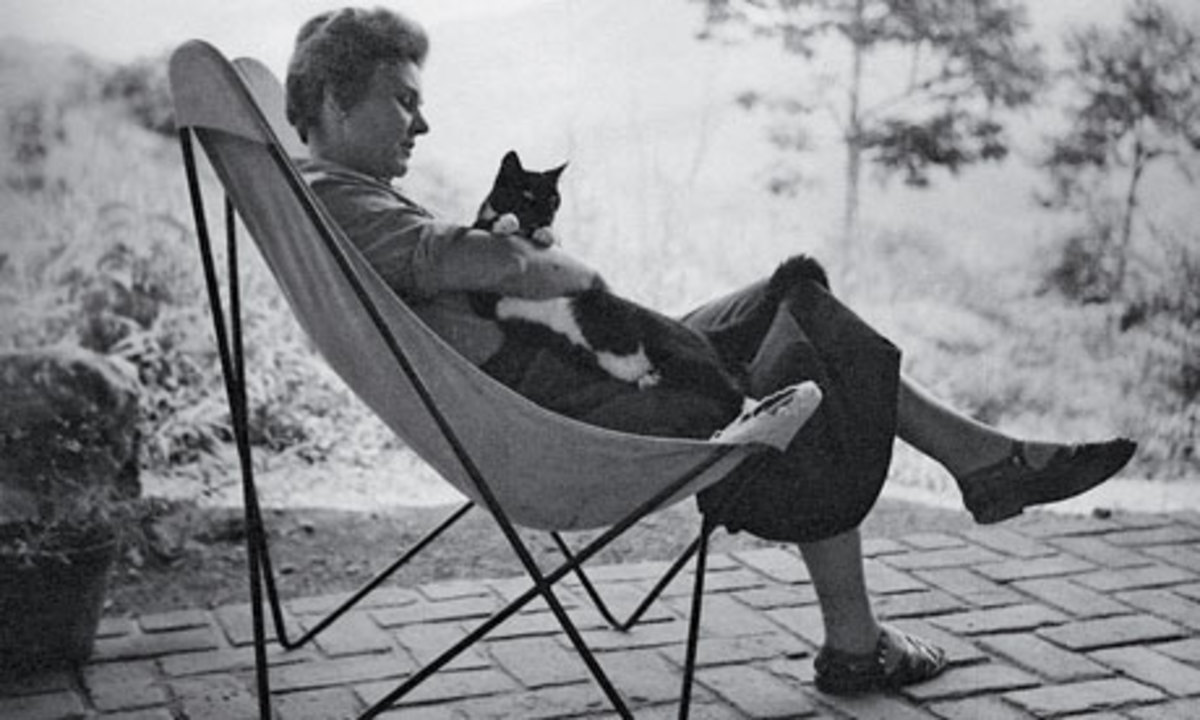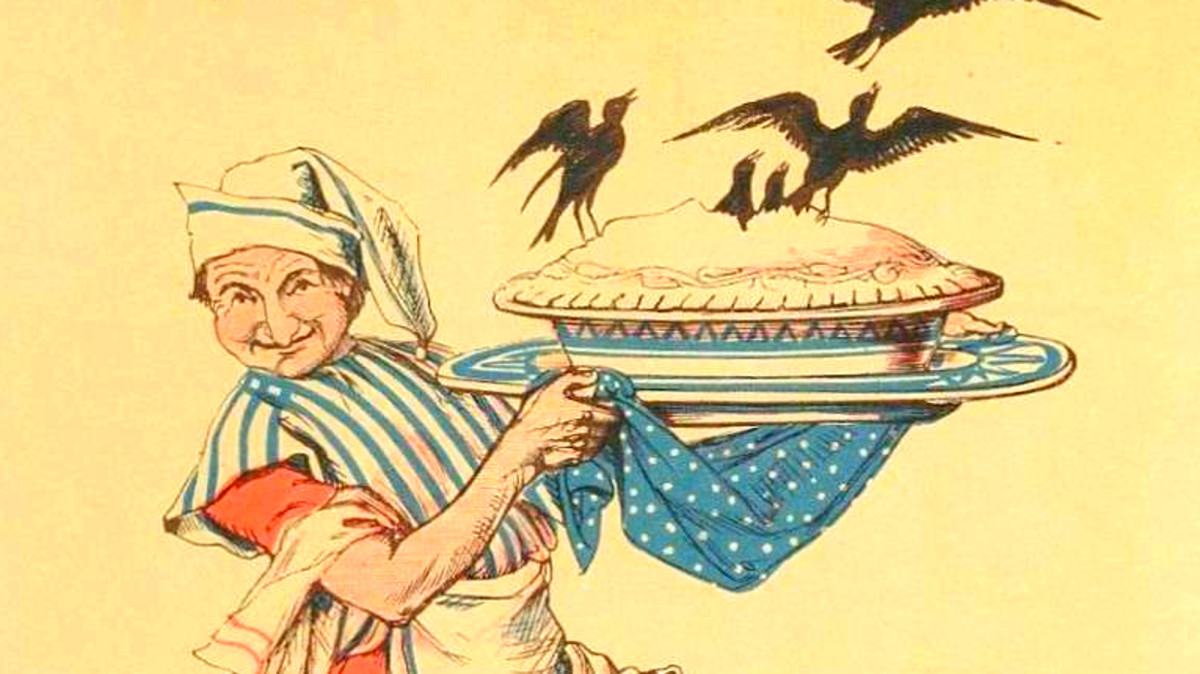Poetry is a Very Special Art
Some great poetry has been written in a prison cell
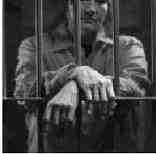
Poetry help novice writers compose
It seems as if more and more hubbers are writing good poetry.
I had my day with the muse and finally published a small anthology which gave closure, as it were. Well, what do you do with the damn things when all the lovely girls who inspired the impassioned paeans of desire and loss are long forgotten; society apparently disregarded your imploring, bootless cries for justice; gods cared less whether you believed in them or not, and you found your philosophical insights had all inspired far better poets from the annals of history?
But there was nearly 200 of the darn things, all which had cost tears of blood to compose while the poet was trying to observe the classical strictures of métier and rhyme, while any aspiring pote with a modicum of sense was scribbling away in free verse, composing all sorts of utter garbage and winning book awards from chubby little lesbians in mannish bifocals with Camel un-filtered rasps.
And at least 10 of them were good. They were the ones that had the hairs still standing up on the back of the neck and moisture appearing in the corner of an eye when re-read after a long interval.
Although those days with the art are more or less over (it’s a young person’s game) poetry once meant a lot and got me through some tough times when TDC showed this resigned convict so much love, they insisted he stick around for a while. That’s where the humble compositions started and, indeed, the general writing skills were somewhat honed to see me becoming a journalist soon after release.
In fact, a good suggestion is that all beginning writers attempt to write verse. Poetry - good poetry - says things in the best way that those things can be said. Few can just run-off good poetry (as distinct from just verse or doggerel). They get an idea for a subject and then sweat over it, sometimes for hours or days, until it is the best it can be - to them. As this is what writers should be doing, too, poetry is a great mental exercise. When you write a lot, you know immediately whether a word will rhyme easily or at all, (try finding an exact rhyming word for “orange,” for example). Free verse will free you from the discipline of end word rhymes, (but not interior rhyme and cadence). All too many think that free verse just means putting a paragraph of prose into couplets or quatrains, etc…wrong! In fact, unless free verse comes naturally to the poem, best use end rhyme, although it can be old fashioned.
Poetry has done a whole lot for our culture and continues to do so. It has encapsulated much in history, including showcasing the changes in our language through the centuries. Satirical verse vividly carries the politics and pain of the people from earlier times. In all sorts of ways: food, clothing, song, nursery rhymes (some more than 1000 years old in English); the triumphs and foibles of kings and tycoons; interrelation between nations, and so much more of man’s social, economic and political history is contained in poetry from whatever era the poet was speaking. Not to mention the skill, patience and sheer art of the great bards such as Shakespeare (who surely DID write his own work), Milton, Tennyson, Byron, Keats, Frost, Poe, Whitman, (who better described the early days of Chicago better than Walt?) and all the rest, an exalted list of names never to be forgotten from the great written art they created.
Is there any better vehicle to express love or disdain? And this much more so in past ages which had few newspapers, no radio or TV. No wonder poetry was much more of a great art in the 16th through the 20th Centuries where it often replaced letters as a means of communication, Could we expect a Paradise Lost today, a collection like Leaves of Grass, or a Kubla Khan? Unlikely, and few would have the patience to read these epics in a sound-bite world. (although horny old Walt might garner a following).
To those interested in reading poetry, there can be no better time, as used book shops, boot sales (flea markets) and charity shops are loaded with anthologies or encyclopedias of works, from the greats to the exceptional minor poets. These large volumes, costing lots of money when new, can be had for pennies. (The Oxford books of verse are excellent and cover the whole gamut of styles and personalities).
Here’s a good way to start composing your own verse. Go through one of these books and find something you like, but disagree with, then write a rebuttal in the same discipline as the well-known poet. You will be amazed at the results (see Diogenes’ hub on this if you like, it’s in there somewhere).
You can find subject matter all around you: the weather (particularly good for venomous verse in the UK), (“O, the agony; the pain/Putting up with the Tories and rain!”), your mother-in-law (likewise); the dog or cat. Anything, really, but try to not be too prosaic, “The cat sat on the mat” rubbish, (although some kid’s poetry is exceptional, like the Owl and the Pussycat, for example). Stay away from slushy love poems unless they are just for you and your beloved (who will prefer a present probably). Some directed at personalities might be apt, especially the vacuous lot around today. I may do one on Simon Cowell, “Lord” Mandleson, or Alan Sugar, if throwing up can be avoided during the writing. (”We’d love to apply a rowel/To the pale fleshy buttocks of Cowell”).
Who are the best targets in the US these days.? One of the shortest and cleverest verses I ever saw, was when Nixon got re-elected in the ‘70’s. It spread on many car number plates “Nixon fuxon.” a classic.
Talking of short verse reminds of Haiku, a great discipline for beginning poets. Like one composed after mum died of cancer.
“A flower died/The world stood still/Until it became a star”
That sort of thing…
Good luck…


